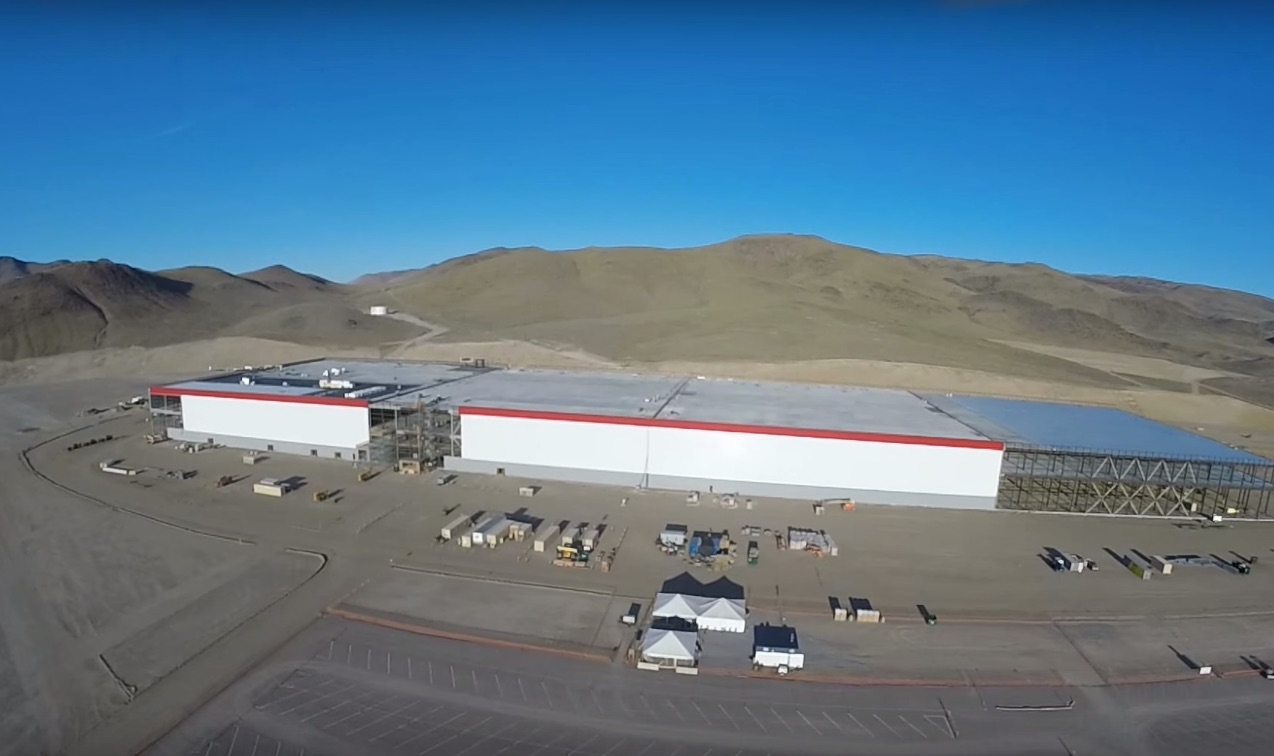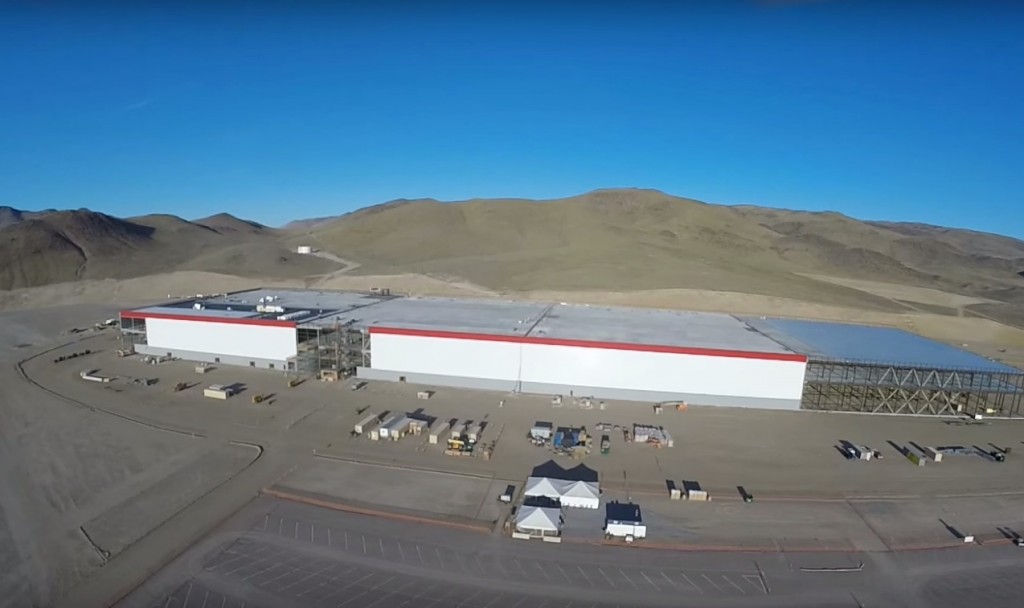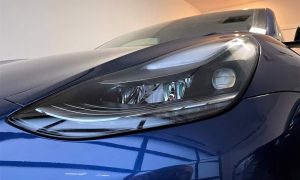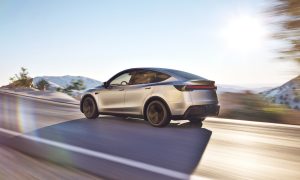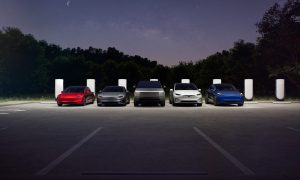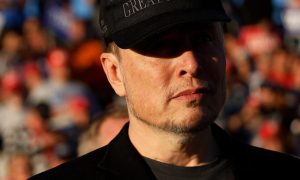Jefferies analyst Dan Dolev predicts that Tesla battery costs could fall by 50%+ through the use of new battery chemistry and large scale production via the Gigafactory. Most industry observers have predicted that general acceptance of electric cars won’t happen until the $100 per kWh barrier broken.
Dolev estimates Tesla’s current Model S battery cost to be $250 per kWh and thinks the company can drive costs down to $88 per kWh primarily through battery chemistry changes and economies of scale. According to Dolev,
We believe that Tesla’s use of an efficient nickel cobalt aluminum cathode (i.e. the positive electrode), use of a silicon synthetic graphene anode (i.e. the negative electrode) that has 2-6 times the lithium ion storage capacity of today’s standard graphite anode, and a possible use of water-based anode solvent, are key advantages.
Our analysis details a potential path to a 30% cell-level cost reduction to ~$88/kWh by using a more efficient lithium-rich nickel cobalt manganese cathode (vs. NCA), doubling the percentage of silicon in the synthetic graphene anode, replacing the liquid electrolyte with an ionic gel electrolyte which eliminates the need for a separator, and using a water-based electrode solvent for the cathode.
If Dolev’s prediction is correct, battery prices are dropping faster than anyone ever expected. In January, 2013, the US Energy Information Agency said that prices would not fall as low as $200 per kWh until 2040. Even CTO JB Straubel and CEO Elon Musk told the Edison Electric Institute annual convention in New Orleans this past June that prices would not fall as low as $100 per kWh until 2020.
At $88 per kWh, a 60 kWh battery for the forthcoming Tesla Model 3 would cost $5,280. That’s only a third of what the same battery would cost today and makes the prospect of an affordable electric car with at least 200 miles of range far more credible.
Is Dolev too optimistic? No one at Tesla Motors is promising anything close to his projection. Perhaps the best source of reliable information on technical matters is not a stock analyst but the engineers making the product. We will know more once the Gigafactory begins production.
Source: EVObsession

